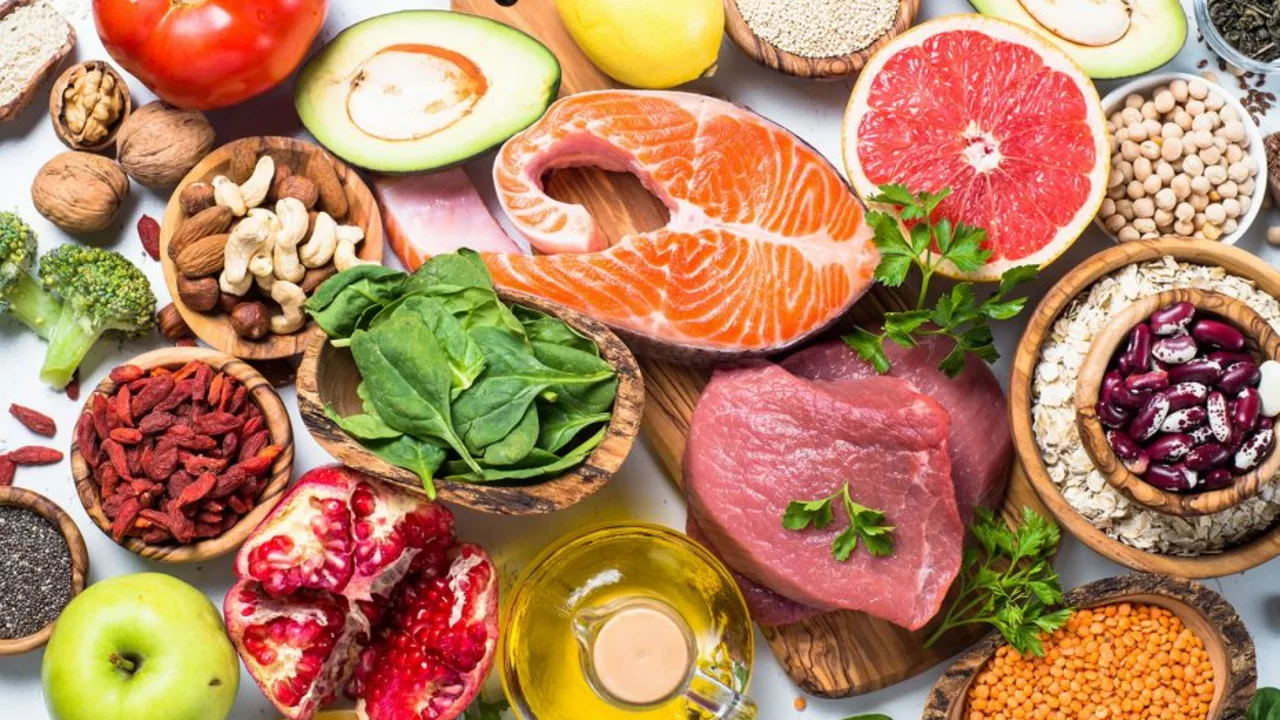Get this, folks! There's a new superfood sheriff in town, and it goes by the name of Skirret. This under-the-radar veggie, hidden away from the limelight for far too long, is jam-packed with nutrients that'll supercharge your health journey. I mean, who wouldn't want a piece of this fibrous, vitamin-rich dynamo? So, let's raise a carrot to Skirret, the unsung hero of superfoods, and welcome a healthier lifestyle with open arms and open mouths!
Nutrition: Practical Tips, Supplements & Drug‑Food Interactions
What you eat can change how medicines work, how your hormones behave, and how fast you recover. This tag collects clear, usable posts about supplements, food‑drug interactions, and diet tips that actually help—no hype.
On this page you'll find easy guides: which supplements can support hormone or immune health, how some drugs react to foods, and how to shop safely for meds and supplements online. Expect practical steps you can apply today.
Quick safety rules
Start here before trying a new supplement or changing food habits while on medication:
- Tell your pharmacist or doctor what you take—drugs and supplements alike.
- One change at a time: add a single supplement for 2–4 weeks, then review effects.
- Watch known high‑risk combos: grapefruit with many statins and calcium channel blockers; vitamin K‑rich greens can reduce warfarin effect.
- Avoid alcohol while on some diuretics and anxiety meds—alcohol can raise risks like dehydration, dizziness, or high potassium.
- Buy meds and supplements from trusted sources. If a pharmacy looks shady or prices are unreal, walk away.
Top supplements and food tips you’ll actually use
Pick foods first. Supplements fill gaps, not fix poor diets. Here are concrete options and simple uses:
Protein and fiber: lean meats, beans, oats, and veg help steady blood sugar, support recovery, and keep you full—useful if meds make you hungrier.
Vitamin D & calcium: important for bone and muscle health. If you’re on calcitriol (Rocaltrol), check calcium levels before adding extra calcium supplements or fortified drinks. Too much calcium can be harmful.
Hormone support: ingredients like indole‑3‑carbinol (I3C) appear in our hormone health guides. I3C comes from cruciferous vegetables—broccoli and Brussels sprouts—so try food sources before high‑dose pills.
Antioxidant fruits: blackberry extracts and whole berries deliver vitamin C and polyphenols without the sugar spike of juices. They’re useful for skin and immune support.
Digestive health: probiotics can help after antibiotics or with occasional gut upset. Choose strains backed by simple studies for your issue (e.g., Lactobacillus rhamnosus for traveler’s diarrhea).
Heart and fluid balance: loop diuretics like furosemide (Lasix) and potassium‑sparing drugs affect electrolyte balance. Eat a balanced diet and ask your clinician whether you need potassium tested before adding supplements.
Practical shopping tip: read labels. Look for third‑party testing seals on supplements (USP, NSF) and clear contact info on pharmacies. If a product claims to cure everything, that’s a red flag.
Questions about a specific combo—like a med you’re prescribed and a supplement you want to try? Ask your pharmacist. They can quickly check interactions and suggest safe timing (for example, take some meds on an empty stomach or away from calcium‑rich foods).
Use what feels helpful, track effects, and keep your care team in the loop. Nutrition is part of treatment—done smart, it makes medicines work better and side effects easier to manage.

